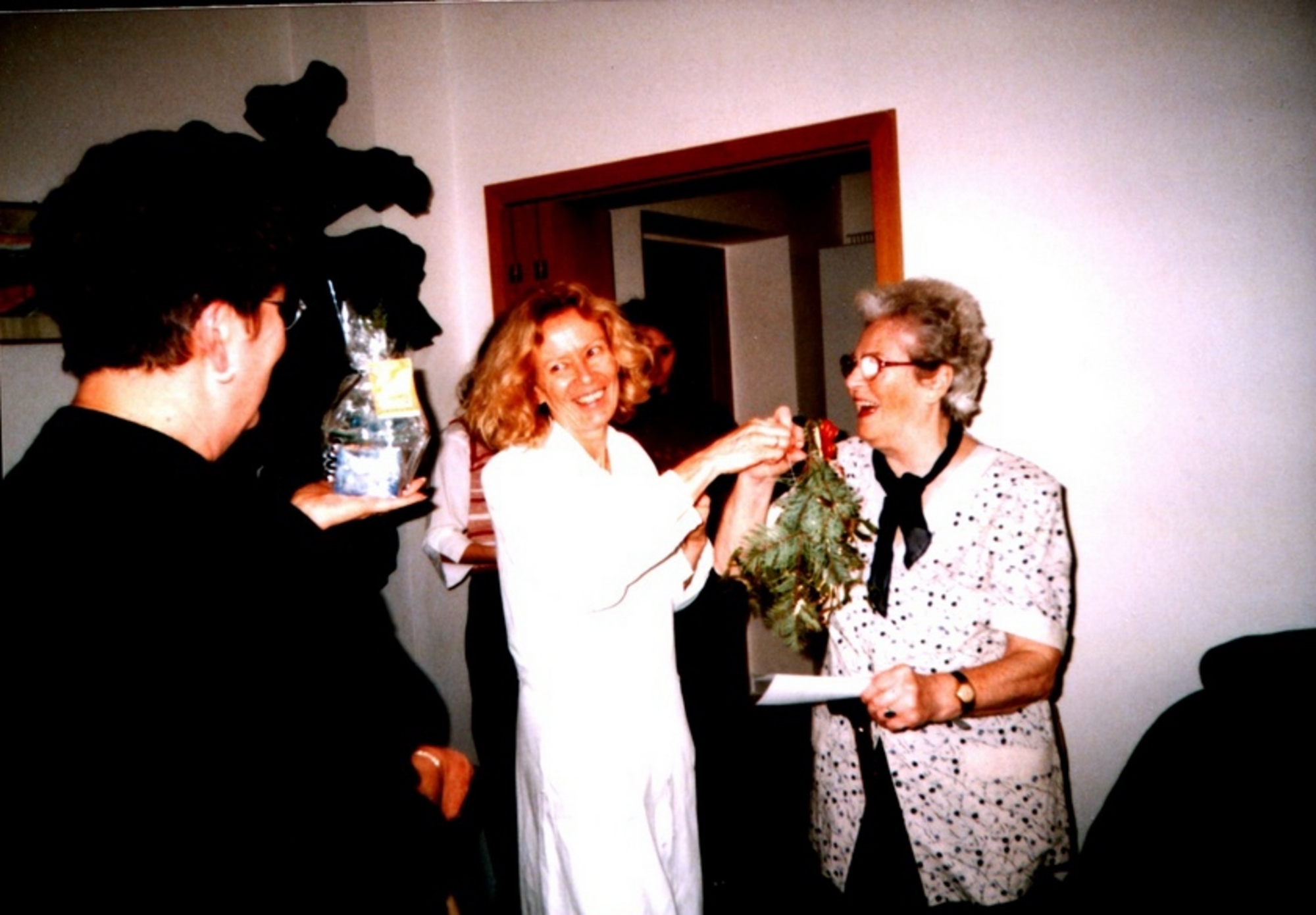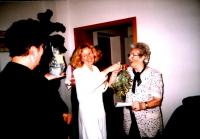“I didn’t have any other choice, I would have to leave the babies there. And that was something I couldn’t do.”

Stáhnout obrázek
Marie Sidorová was born on 2nd July 1919 in Kyiv, Ukraine. Her father was a settled down Czech legionary. In 1928, the family decided to move back to Czechoslovakia. They finally settled down in Vrútky, near Martin, Slovakia. In 1937, Marie began to study at a medical school in Martin. Despite the obstacles they had to face as Czechs family decided to stay in Slovakia after the proclamation of an independent Slovak state, so that Marie could finish her studies. In 1939, she finished her studies and became a certified nurse. Because she couldn‘t find any job during the war, she worked illegally. In summer 1944 she returned to Martin and worked as the director of an infant home. During the Slovak National Uprising she was isolated with 39 children behind the frontline in Vrůtky. She nursed the casualties from frontline. After the worst bombing she managed to move the infants to the hospital to doctor Murtin. She moved with the other children and infants to Banská Bystrice, Rakov, Turčianské Teplice, Banská Štiavnice, until they finally settle in a recreation camp under Sitno. From there she had to escape from the Nazis alone, she joined the armed forces and went through the fights at Sv. Kříž and Banská Bystrice. She worked in hospital in Dětva from where she was evacuated to Zvolenské Slatiny and then Kyslá Voda, where she prepared the iron rations of meat, leather and textile hidden in the woods and prepared for the partisans. She was caught right in the middle of the battle at the Prašivá hill. She joined the intelligence agency of the Red Army. Her task is to obtain medicaments, nurse casualties, but also translate, deliver secret correspondence and obtain German correspondence. By the end war, she was on ‘travels‘ around Bohemia. After the War she returned to Martin and started working in the local hospital.
